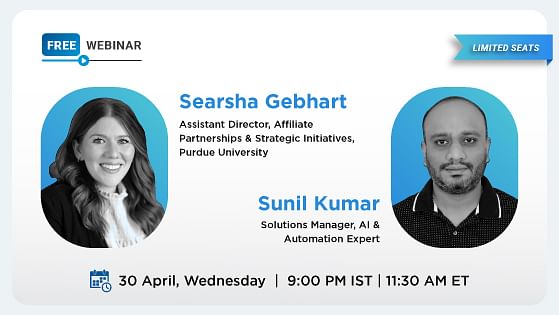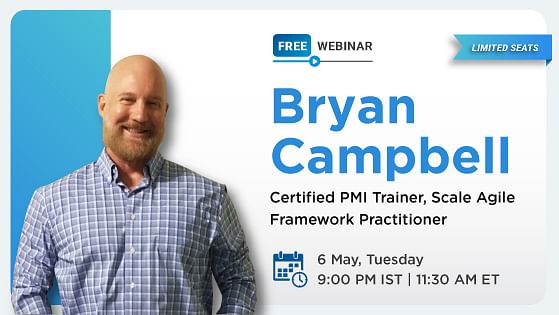CATEGORIES
- Generative AI
- AI & Machine Learning
- Data Science & Business Analytics
- Project Management
- Cyber Security
- Agile and Scrum
- Cloud Computing & DevOps
- Business and Leadership
- Software Development
- Product and Design
- IT Service and Architecture
- Quality Management
- Digital Marketing
OBJECTIVE
PARTNERS
Career Aligned Learning Paths
Master essential skills for your dream career
HomeResources
Resources
Explore insights, tips, and articles written by experts in a range of professional domains.
 ArticleLast updated on Apr 14, 2025
ArticleLast updated on Apr 14, 2025What is Six Sigma: Everything You Need to Know About it
 WebinarApr 30, 2025
WebinarApr 30, 2025From Building LLMs to AI Agents: All About Applied GenAI Specialization Program
 WebinarMay 6, 2025
WebinarMay 6, 2025Agile Coach's PoV: Trends Shaping Agile Careers in 2025
 ArticleLast updated on Mar 24, 2025
ArticleLast updated on Mar 24, 2025Is DevOps Hard?
Browse the categories
Data Science & Business Analytics(495)
View All
What Is Data Quality : Definition, Characteristics, and …
![Exploratory Data Analysis [EDA]: Techniques, Best Practices and Popular Applications Exploratory Data Analysis [EDA]: Techniques, Best Practices and Popular Applications](https://www.simplilearn.com/ice9/free_resources_article_thumb/What_Is_Exploratory_Data_Analysis.jpg)
Exploratory Data Analysis [EDA]: Techniques, Best Pra…
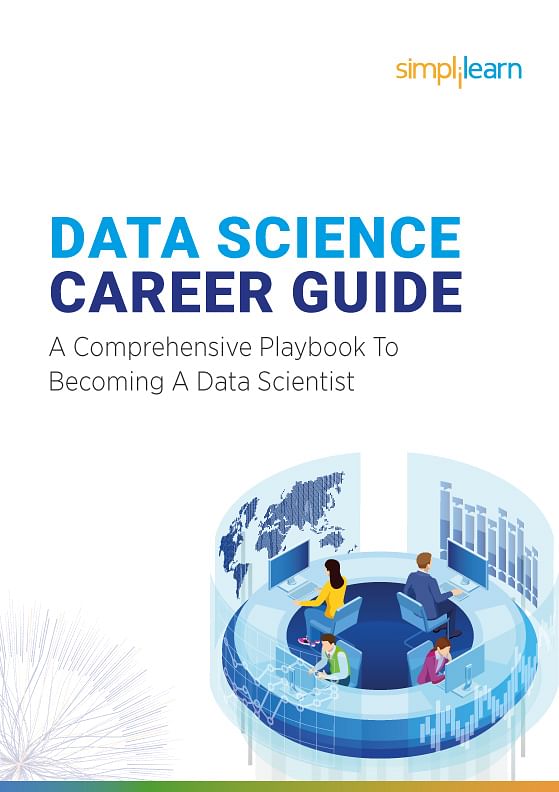
Data Science Career Guide: A Comprehensive Play…
AI & Machine Learning(445)
View All
Machine Learning Tools

Introduction to Deep Neural Networks
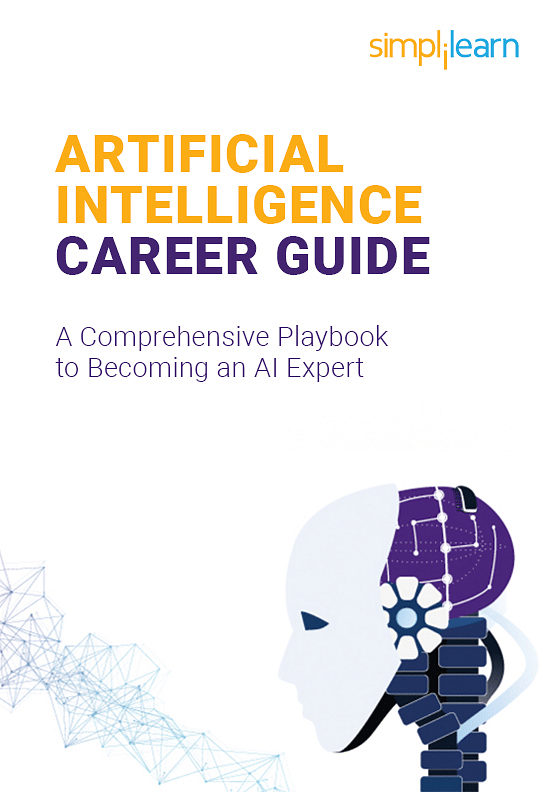
Artificial Intelligence Career Guide: A Comprehensive Play…
Project Management(472)
View All
Highest Paying Project Management Jobs in 2025

What Is JIRA and How to Use JIRA Testing Software Tool to Imp…
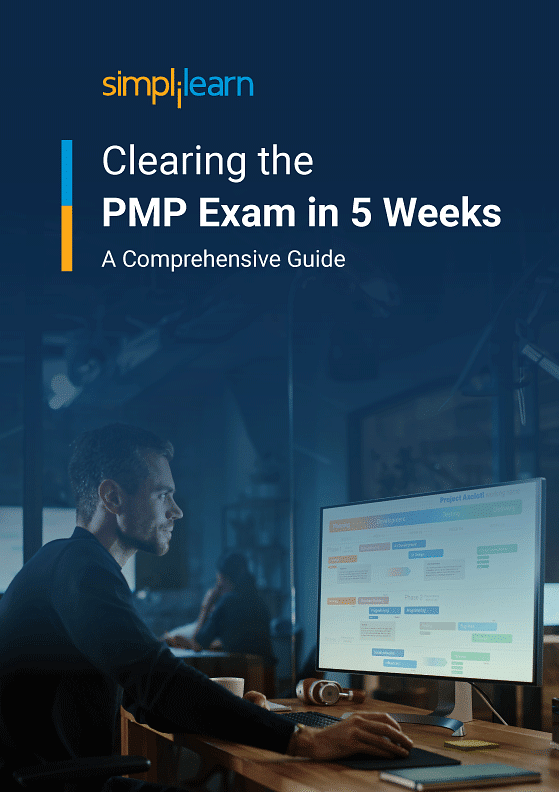
How to Pass the PMP Exam? 5-week Study Guide
Cyber Security(299)
View All
Cyberwarfare: Weaponizing Operational Technol…

Top Cybersecurity Programs for 2025

Cybersecurity Trends: Where the Industry Is Heading in an Uncer…
Cloud Computing(314)
View All
Top AWS Stats You Should Know About in 2025

What is a Hypervisor in Cloud Computing and Its Types?
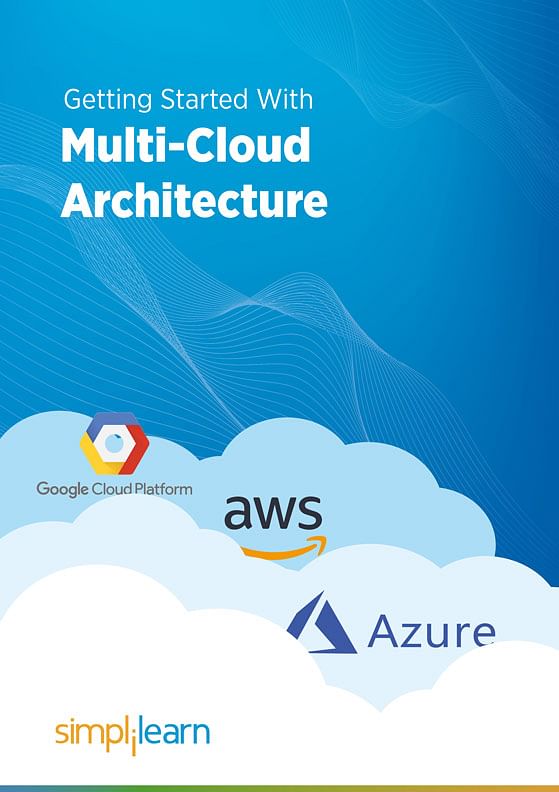
Getting Started With Multi-Cloud Architecture
DevOps(126)
View All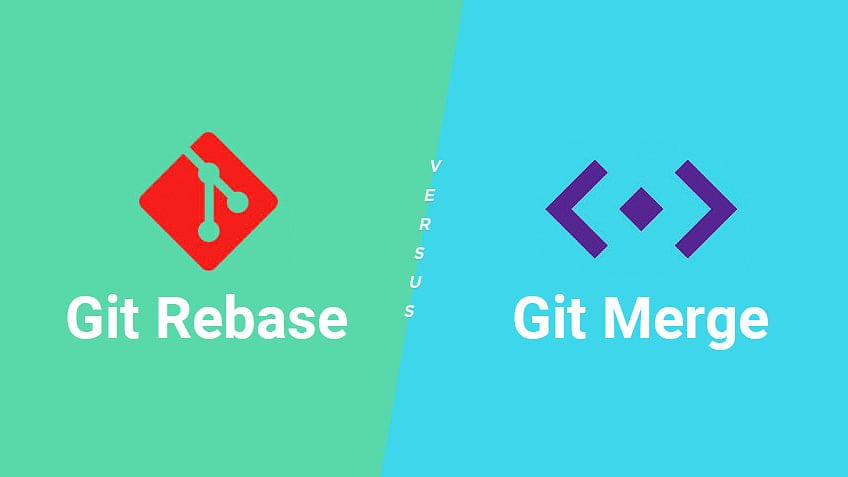
Git Rebase vs. Merge: A Complete Guide

What is AWS DevOps and Tools Required to Develop a Web App
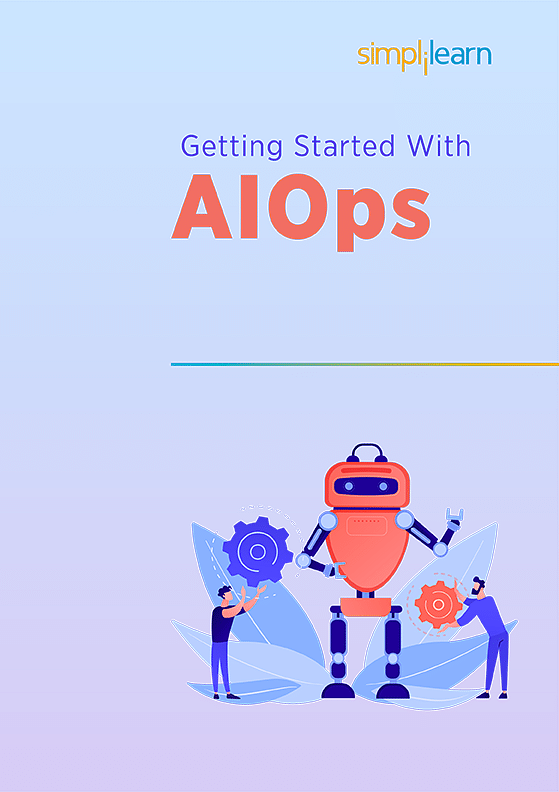
Getting Started With AIOps
Business and Leadership(294)
View All
Tips on How to Introduce Yourself in a Job Interview

Top UI UX Programs for 2025

Skilling for the Digital Economy: A Role-Based Approach
Quality Management(115)
View All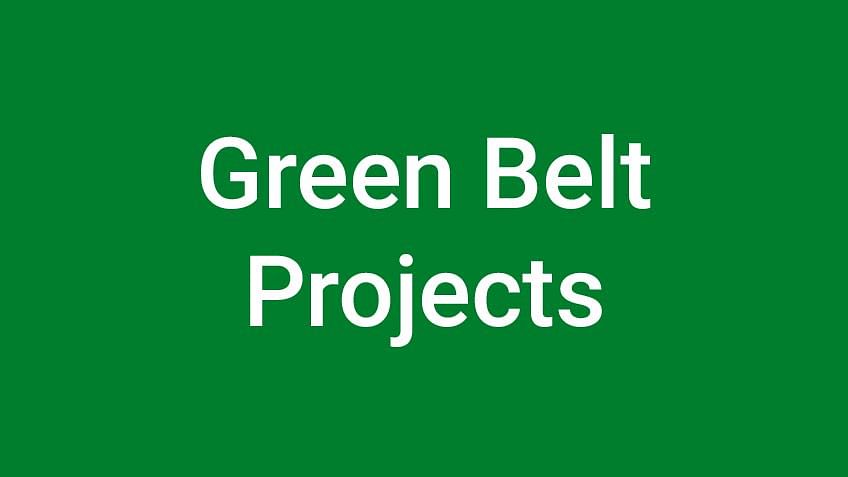
Green Belt Projects

What is a Lean Process: Key Concepts, Applicatio…
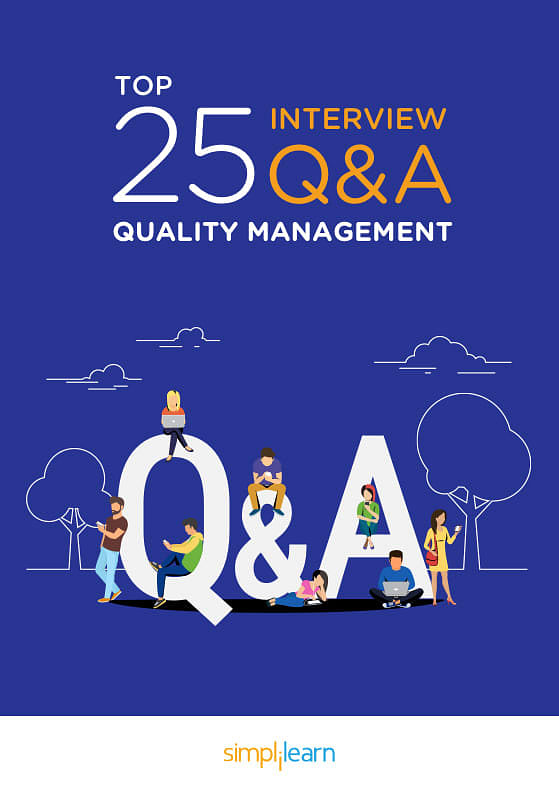
Free eBook: Top 25 Interview Questions and Answers: Qualit…
Software Development(1131)
View All
Top 10 Careers in IT

Top JCL Interview Questions and Answers

Blockchain Interview Guide
Agile and Scrum(121)
View All
What is WSJF (Weighted Shortest Job First) in Agile?

The Agile Manifesto: Agile Certified Practitioner

CSM Study Guide: Master Scrum in 48 Hours
IT Service and Architecture(122)
View All
What is Release Management? A Complete Overview

A Guide to IT Salaries in the UK

Role of an Enterprise Architect
Digital Marketing(675)
View All
10 Promising Careers in Marketing

Digital Marketing vs Affiliate Marketing
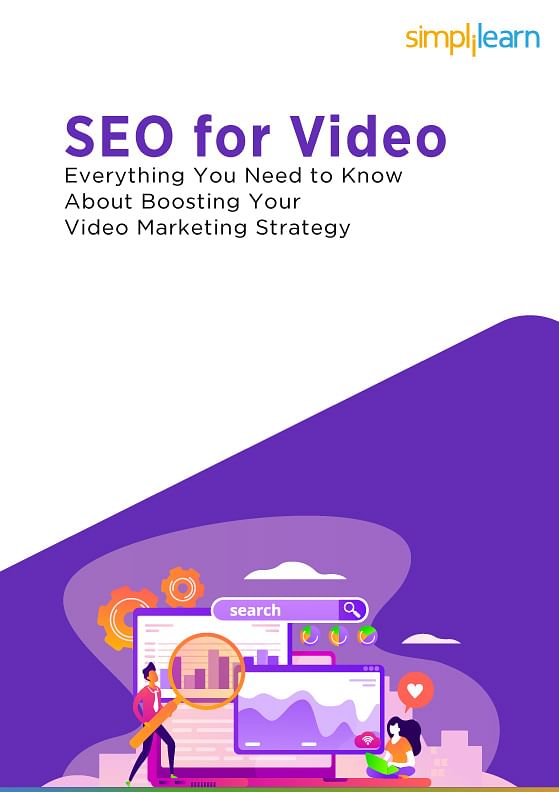
SEO for Video
Big Data(142)
View All
Future of Big Data: Predictions for 2025 & Beyond!

Top Big Data Technologies in 2025
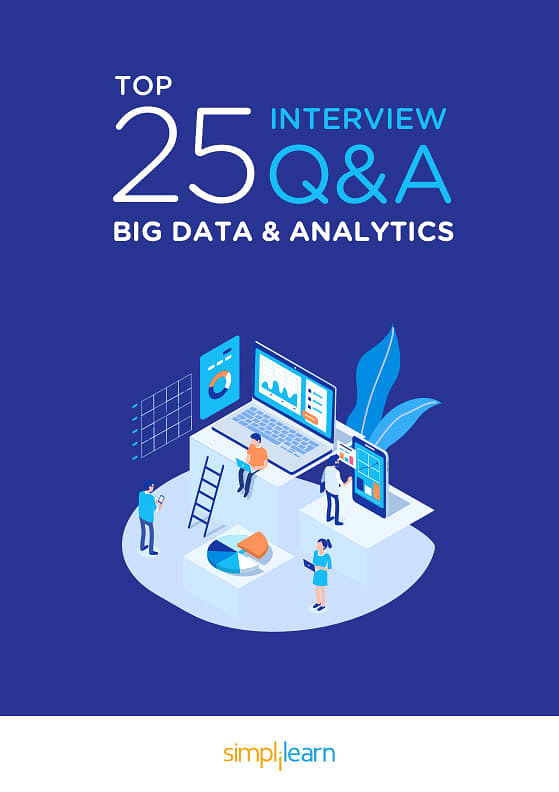
Free eBook: Top 25 Interview Questions and Answers: Big Da…
Career Fast-track(190)
View All
What is Interpersonal Communication? Skills, Types, and Ex…

Top 10 Productivity Methods: Which One is Right for You?
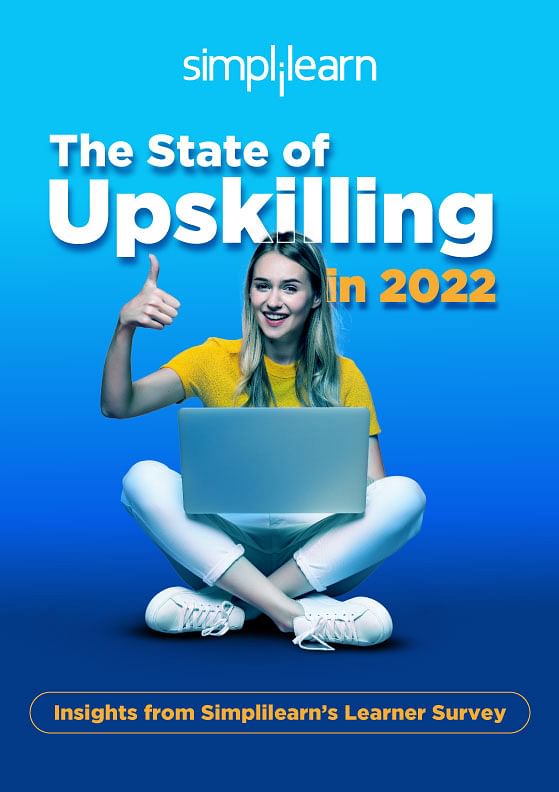
The State of Upskilling in 2023
- Acknowledgement
- PMP, PMI, PMBOK, CAPM, PgMP, PfMP, ACP, PBA, RMP, SP, OPM3 and the PMI ATP seal are the registered marks of the Project Management Institute, Inc.
